Sermon Analyst - Theologically Informed AI
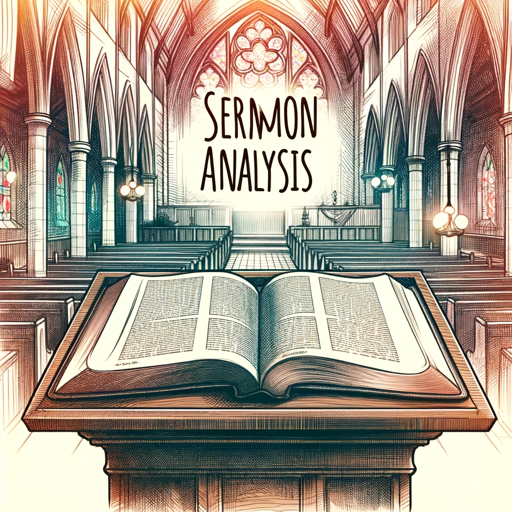
Welcome! Ready to analyze sermons with Chapell's principles.
Illuminating Scripture with AI
Analyze this sermon's Fallen Condition Focus.
Evaluate the Christ-Centeredness of this sermon.
How does this sermon structure align with Chapell's guidelines?
Assess the sermon's potential for spiritual transformation.
Get Embed Code
Understanding Sermon Analyst
Sermon Analyst is designed as a specialized GPT with a primary focus on enhancing sermon preparation and delivery for preachers, pastors, and theological educators. By integrating theological insight with practical application, this tool aims to support the crafting of sermons that resonate deeply with congregations. It combines the depth of biblical scholarship with the accessibility needed for diverse audiences, ensuring that messages are both profound and understandable. For example, if a pastor is exploring the theme of 'forgiveness' in a sermon series, Sermon Analyst can provide a comprehensive analysis of biblical passages on forgiveness, offer illustrative stories that highlight the theme, and suggest practical ways the congregation can apply these lessons in their daily lives. Powered by ChatGPT-4o。

Core Functions of Sermon Analyst
Scriptural Analysis and Interpretation
Example
Analyzing the parable of the Prodigal Son to extract themes of grace, repentance, and reconciliation.
Scenario
A pastor planning a sermon on grace could use this function to gain a deeper understanding of the text, including historical context, theological implications, and practical applications for modern believers.
Illustrative Story Sourcing
Example
Providing real-life stories or historical anecdotes that exemplify forgiveness.
Scenario
When a preacher wants to make the concept of forgiveness more relatable to the congregation, this function can offer compelling stories that illuminate the sermon's main points.
Practical Application Suggestions
Example
Offering actionable steps for congregants to practice forgiveness in their personal and communal lives.
Scenario
This is crucial for sermons aimed at not just teaching but also transforming lives. After a sermon on forgiveness, this function helps in suggesting concrete ways for the audience to apply what they've learned.
Theological Insight
Example
Explaining the significance of Christ's sacrifice on the cross in the context of forgiveness.
Scenario
For sermons during Easter, this function enriches the message by deepening the congregation's understanding of the atonement and its implications for Christian living.
Who Benefits from Sermon Analyst?
Church Leaders and Preachers
Individuals responsible for delivering sermons and teaching within a church setting. They benefit from Sermon Analyst by receiving assistance in sermon preparation, ensuring their messages are both theologically sound and practically relevant.
Theological Educators
Professors and teachers in seminaries or religious studies programs who may use Sermon Analyst to supplement their curriculum with deep scriptural analysis and contemporary applications, enhancing their students' learning experience.
Biblical Scholars and Writers
Researchers and authors focusing on theological studies or Christian literature can utilize Sermon Analyst for in-depth analysis of biblical texts, aiding in the development of scholarly articles, books, or educational materials.
Lay Leaders and Bible Study Facilitators
These individuals often lead smaller groups within the church and can use Sermon Analyst to prepare lessons or discussions that are both insightful and accessible, fostering growth and understanding in their communities.

Guide to Utilizing Sermon Analyst
Initial Access
Start by visiting yeschat.ai to explore Sermon Analyst with a free trial, no signup or ChatGPT Plus required.
Define Purpose
Determine your specific needs, whether it's sermon preparation, theological study, or spiritual guidance, to tailor your queries effectively.
Engage with Tool
Interact with Sermon Analyst by inputting your sermon topics, scripture references, or theological questions to receive detailed, relevant content.
Customization
Utilize the tool's customization features to align the content with your denomination's doctrines and your congregation's unique context.
Practical Application
Incorporate the insights and practical applications provided into your sermon drafts, ensuring they resonate with and engage your audience.
Try other advanced and practical GPTs
Prompt Painter GPT
Bringing Your Imagination to Visual Reality

EthoGPT
Empowering Ethical Decisions with AI

American Insights
Explore America with AI-powered Insights

Research Assistant
Unleash innovation with AI-powered research insights.

👑 Data Privacy for Watch & Jewelry Designers 👑
Secure customer trust with AI-driven privacy compliance.
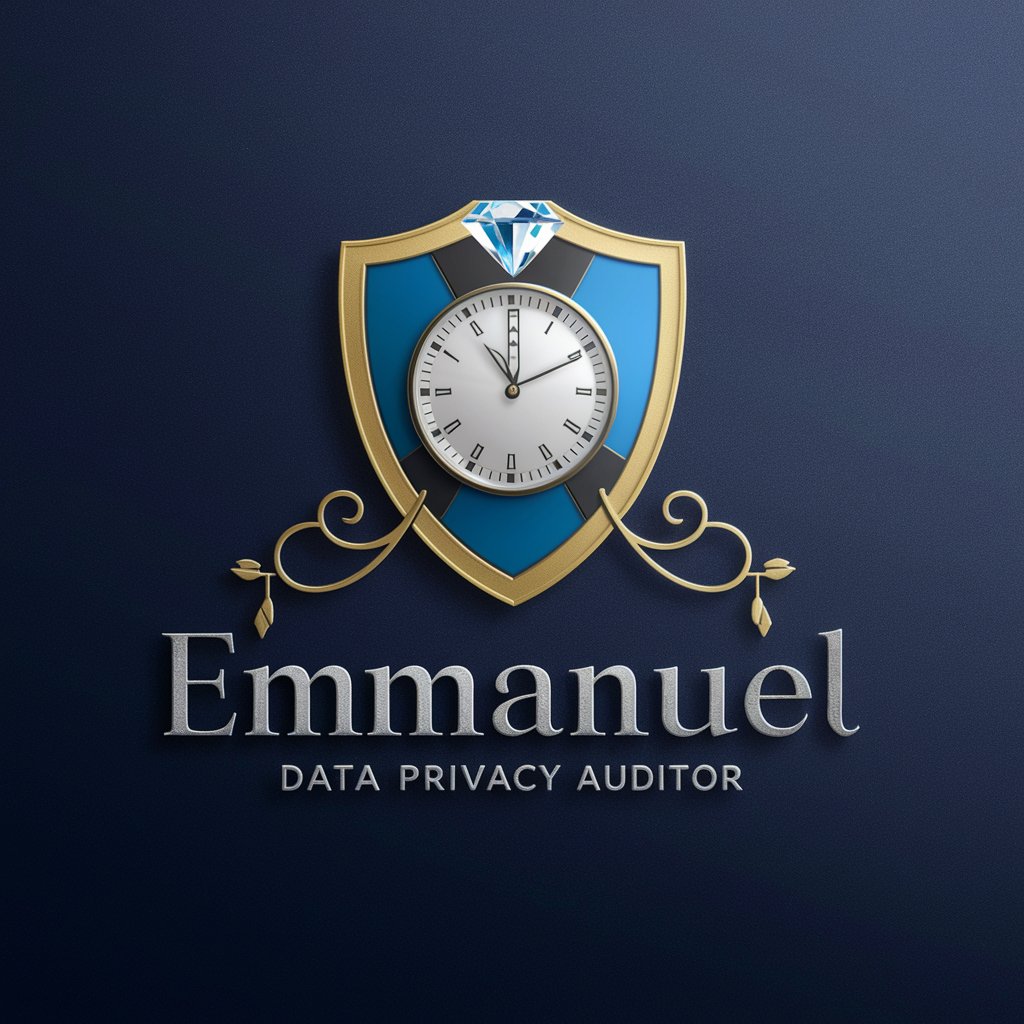
Немецкий это Легко
AI-Powered German Learning Made Easy

Product Developer
Empowering Innovation with AI

STEM Explainer - Hyperion v1
Illuminating the World of STEM with AI
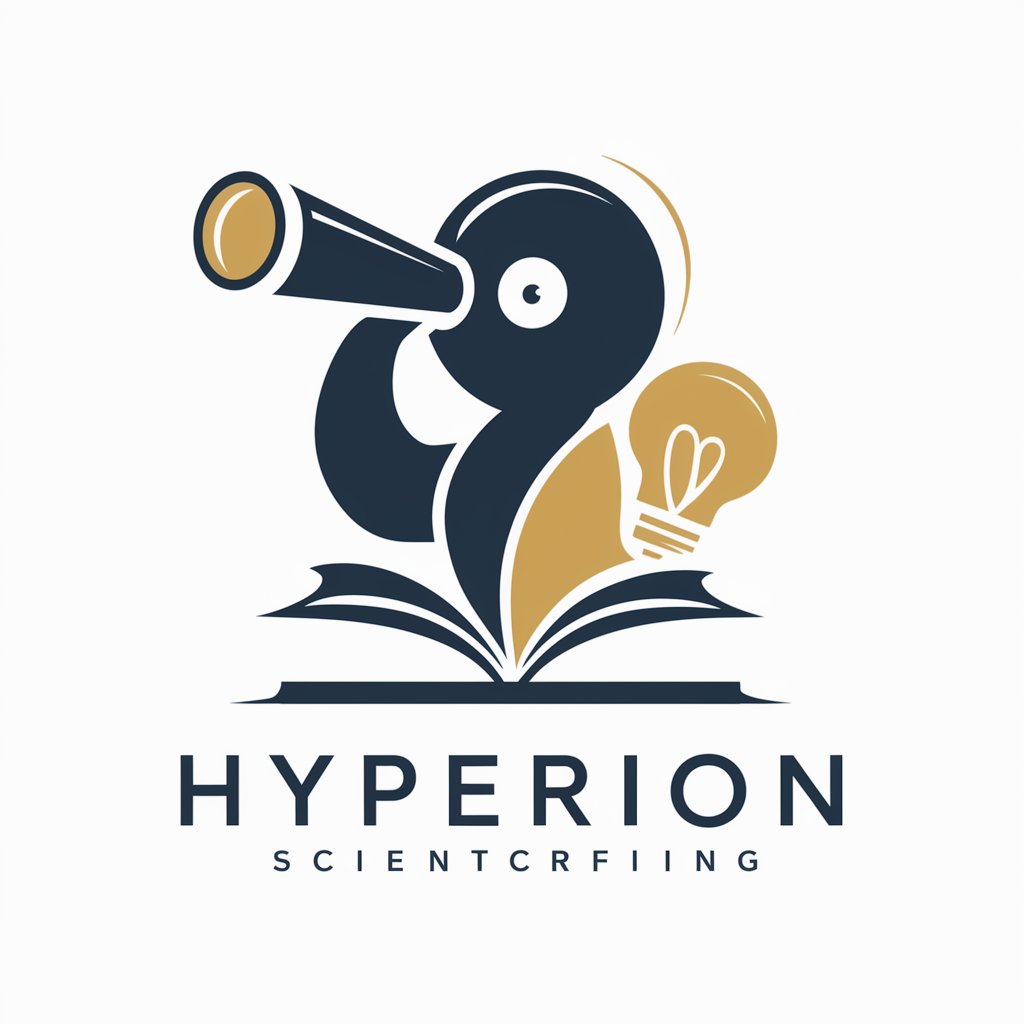
Ai Mechanic
Streamlining Auto Diagnostics with AI

Subtitle Translator Pro
Bridging Languages, Enhancing Understanding

Dataiku Guide
Empowering Data Science with AI Assistance
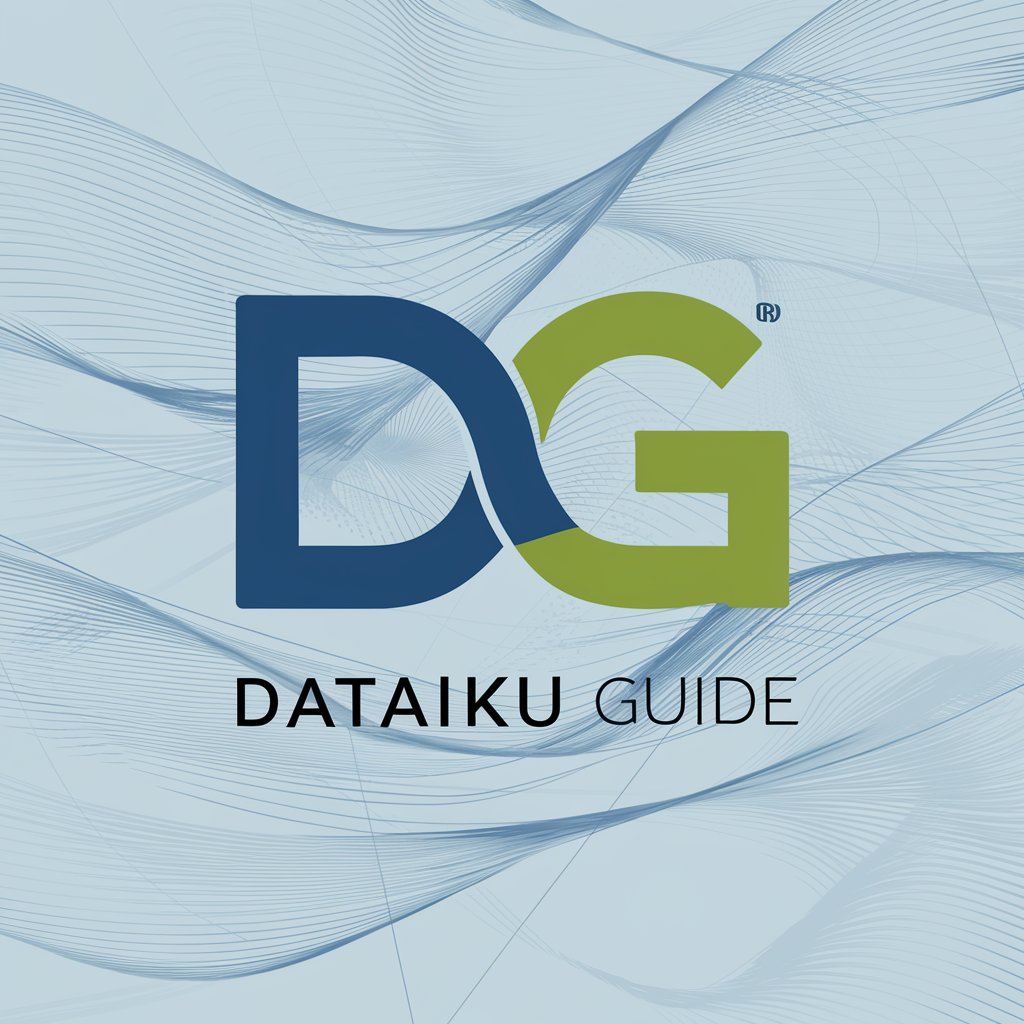
Adversarial Code Collaborative Agent
Empower Your Code with AI Collaboration
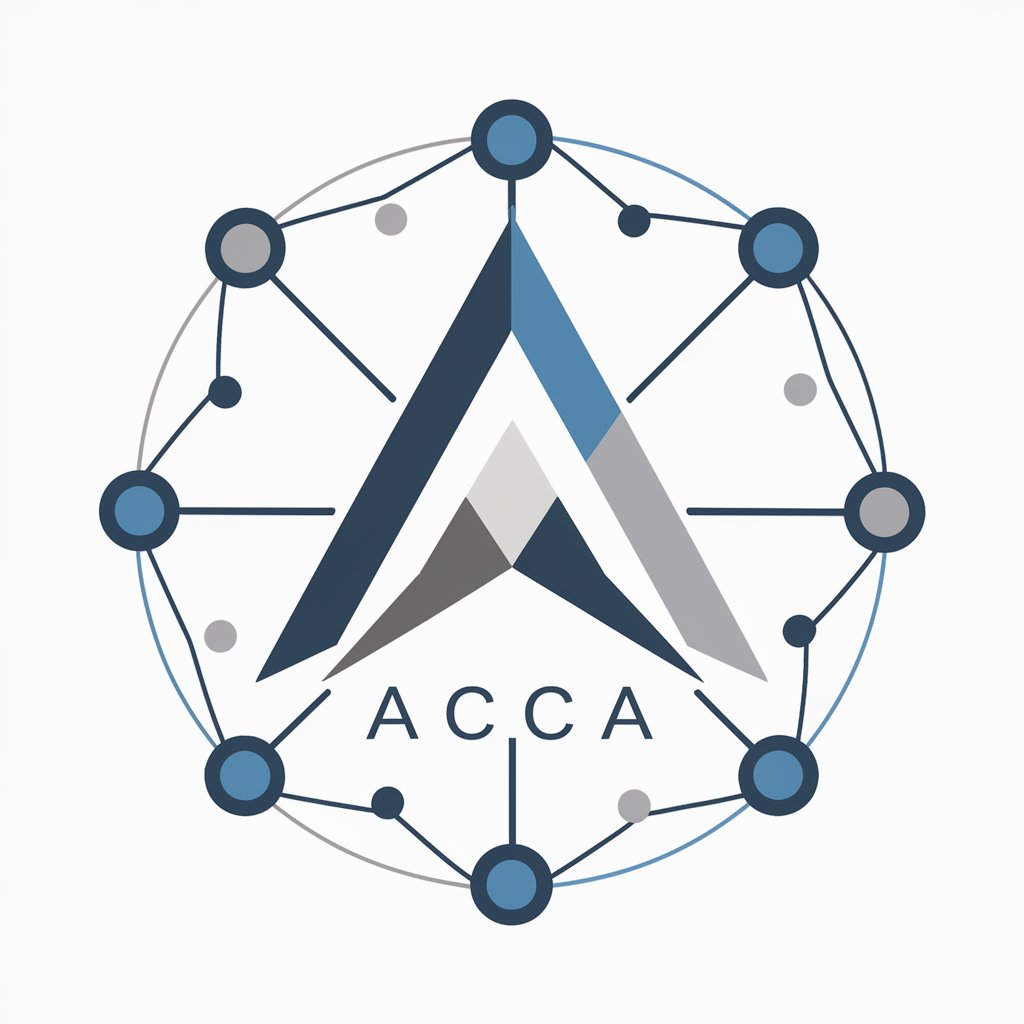
In-Depth Q&A about Sermon Analyst
How does Sermon Analyst ensure theological accuracy?
Sermon Analyst cross-references theological resources and denominational doctrines to provide responses that are not only biblically grounded but also align with specific doctrinal stances, ensuring theological accuracy and relevance.
Can Sermon Analyst adapt to different denominational perspectives?
Absolutely. The tool is designed to recognize and adapt to various denominational nuances, ensuring that the content generated aligns with the specific theological and doctrinal perspectives of the user.
How can Sermon Analyst assist in sermon preparation?
Sermon Analyst aids in sermon preparation by providing thematic insights, exegetical analysis, and practical applications based on scriptural texts, thereby enriching the sermon content and aiding in the delivery of impactful messages.
What makes Sermon Analyst stand out in spiritual guidance?
Sermon Analyst stands out by offering personalized, context-aware advice rooted in scripture, providing users with spiritually enriching and theologically sound guidance that resonates on a personal level.
Is Sermon Analyst suitable for academic theological research?
Yes, Sermon Analyst is an excellent resource for academic purposes, offering in-depth theological insights, historical context, and critical analysis, making it a valuable tool for scholars, theologians, and students alike.
